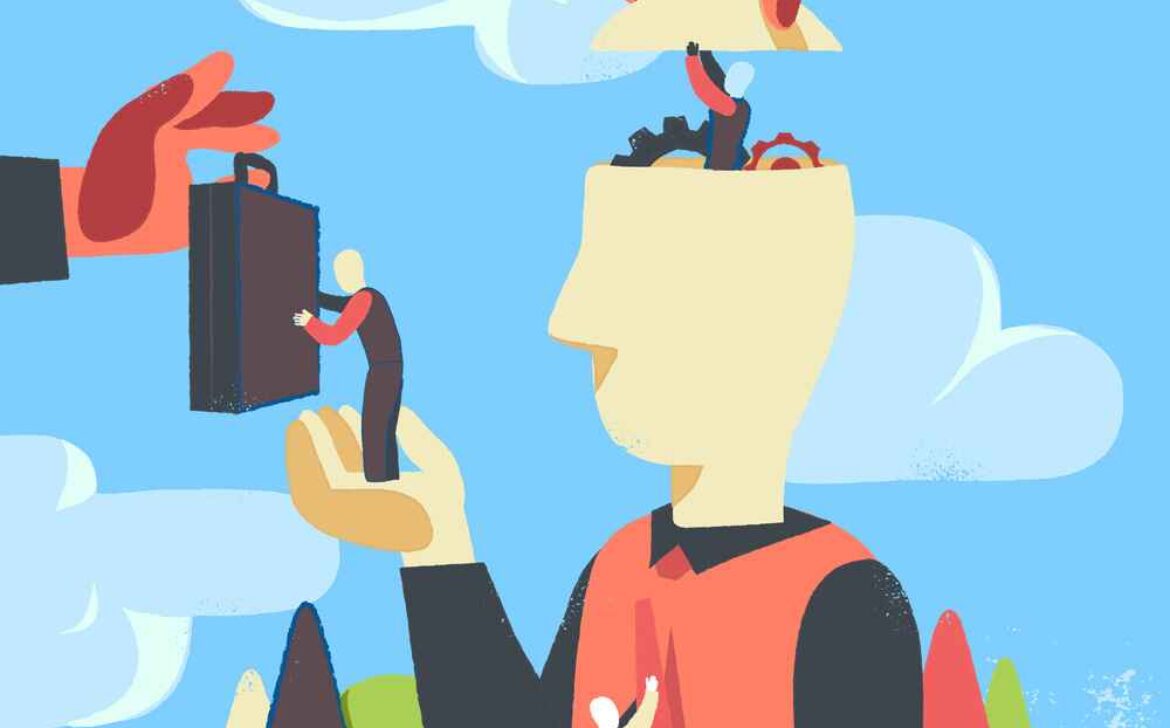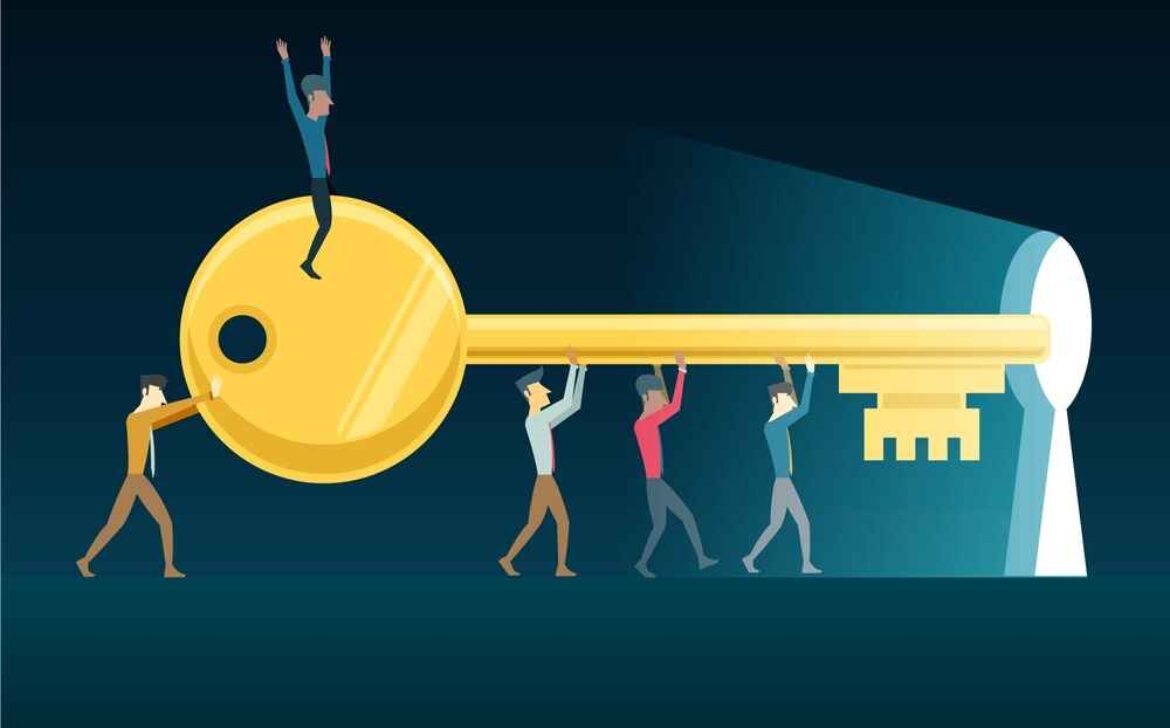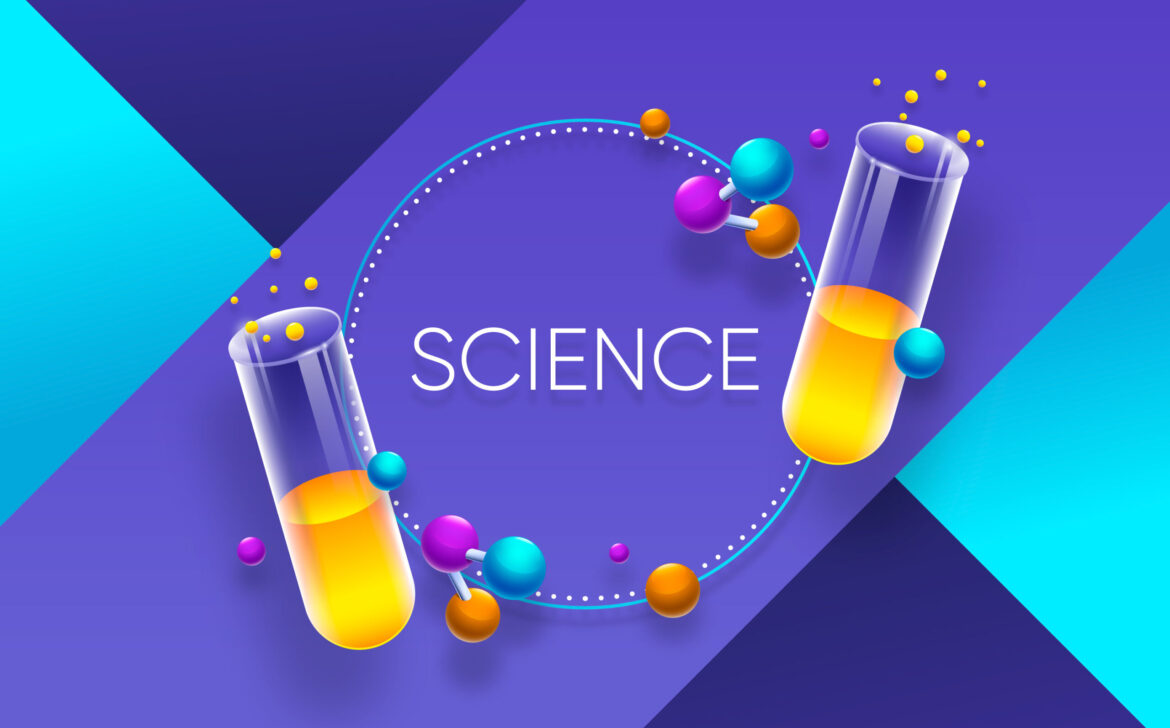What Is AI & How Is It Impacting Our Society?
Artificial Intelligence (AI) is no longer a futuristic concept but a reality that is profoundly influencing our daily lives. This powerful technology, rooted in machine learning and deep learning, has far-reaching implications across various sectors. Let’s unravel the essence of AI and its profound impact on our society. Understanding Artificial Intelligence At its core, AI refers to the development of computer systems that can perform tasks that typically require human intelligence. These tasks include recognizing patterns, making decisions, understanding natural language, and even learning from data. AI in Everyday Life AI is already woven into the fabric of our daily lives. Virtual assistants like Siri and Alexa use AI to understand and respond to voice commands. Recommendation systems on platforms like Netflix and Amazon leverage AI to suggest content and products tailored to our preferences. AI is also driving autonomous vehicles, transforming customer service, and enhancing medical diagnostics. Automation and the Future of Work One of the most significant impacts of AI is automation. AI-powered robots and systems are streamlining manufacturing processes, while chatbots and virtual agents are handling customer inquiries. While automation increases efficiency, it also raises questions about the future of employment and the need for reskilling in the workforce. AI in Healthcare AI is revolutionizing healthcare with diagnostic algorithms that can analyze medical images, predict disease outbreaks, and personalize treatment plans. Telemedicine platforms are expanding access to care, and wearable devices are continuously monitoring health metrics. Ethical Considerations As AI becomes more integrated into society, ethical concerns arise. Questions about data privacy, bias in algorithms, and the responsible use of AI demand thoughtful consideration. Striking a balance between innovation and ethics is crucial. AI and Innovation As AI becomes more integrated into society, ethical concerns arise. Questions about data privacy, bias in algorithms, and the responsible use of AI demand thoughtful consideration. Striking a balance between innovation and ethics is crucial. Striking a balance between innovation and ethics is crucial. The Future of AI The future of AI holds exciting possibilities. Advancements in AI research promise even more sophisticated applications, including general AI, which can perform a wide range of tasks, and quantum AI, which leverages quantum computing power.

Core of AI:
According to research:























